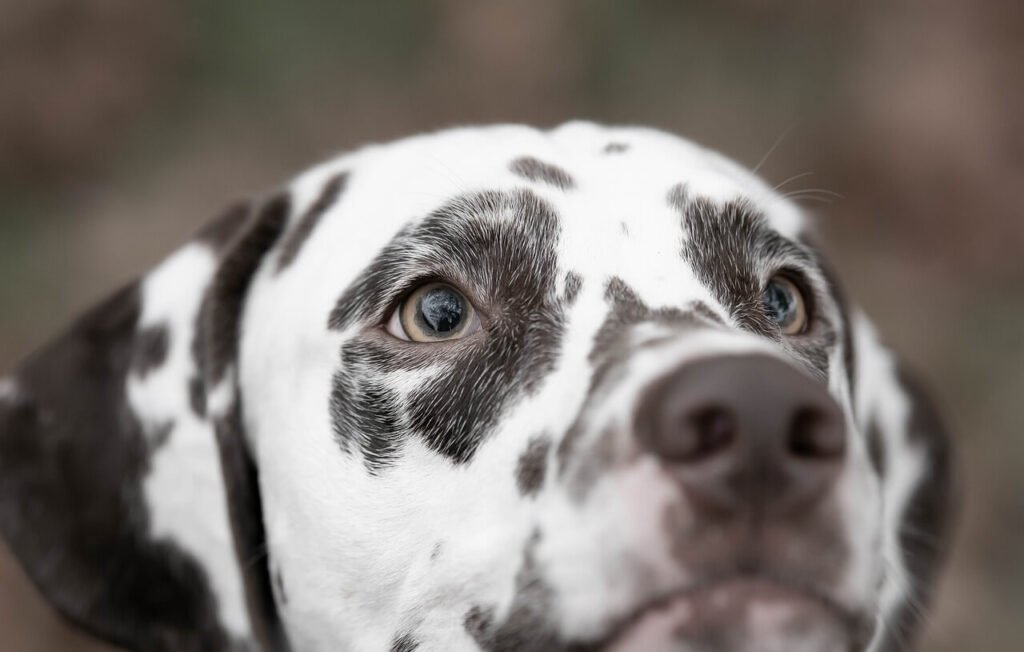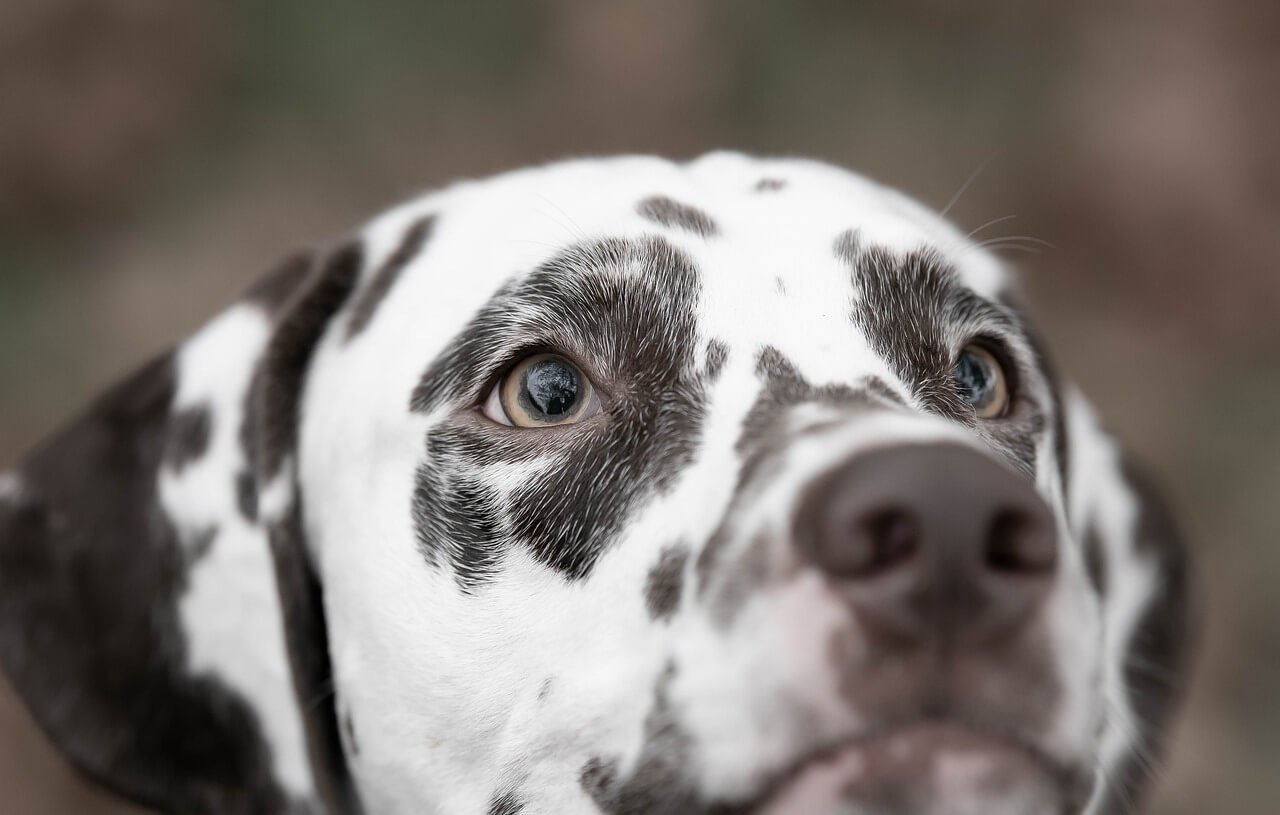Why Does My Dog Suck on Blankets?
If you’ve ever caught your dog sucking on blankets, you might be wondering what’s behind this quirky behavior. While it may seem unusual, blanket-sucking is more common than you think and can stem from a variety of emotional, psychological, or even instinctual factors. From soothing habits rooted in puppyhood to potential signs of anxiety or boredom, understanding why your dog engages in this behavior is key to addressing it appropriately. In this blog post, we’ll explore the reasons behind blanket-sucking, how to manage it, and when it might signal a deeper issue.
Common Reasons Why Dogs Suck on Blankets
Dogs suck on blankets for a variety of reasons, ranging from comforting behaviors to underlying emotional needs. Here are some of the most common explanations for this behavior.
Comfort Behavior from Puppyhood:
Puppies often nurse on their mother’s teats for comfort, and some carry this habit into adulthood by sucking on soft objects like blankets.Anxiety or Stress Relief:
Dogs experiencing anxiety may turn to blanket-sucking as a way to self-soothe, similar to how humans bite their nails or fidget.Boredom or Lack of Stimulation:
Without enough mental or physical stimulation, dogs may develop repetitive behaviors like blanket-sucking to entertain themselves.Teething or Dental Discomfort:
Puppies going through teething phases or older dogs with dental issues may chew or suck on blankets to alleviate discomfort.Genetic or Breed Predisposition:
Certain breeds, such as Dobermans or Labrador Retrievers, are more prone to oral fixations like blanket-sucking due to their genetics.
Understanding these causes can help you determine whether your dog’s behavior is harmless or if it requires intervention.

Signs That Blanket-Sucking May Be a Problem
While occasional blanket-sucking is usually harmless, there are instances where it could indicate an underlying issue that needs attention. Look out for these warning signs.
Excessive or Obsessive Behavior:
If your dog spends hours sucking on blankets to the point of neglecting other activities, it may signal compulsive tendencies.Damage to the Blanket or Objects:
Chewing or ingesting fabric can lead to gastrointestinal blockages, which require immediate veterinary care.Increased Anxiety or Restlessness:
Dogs who suck on blankets while pacing, panting, or showing other signs of stress may be struggling with anxiety.Weight Loss or Appetite Changes:
A dog substituting blanket-sucking for eating may have a medical or behavioral issue that needs addressing.Aggression When Interrupted:
If your dog growls, snaps, or becomes defensive when you try to stop them, it could indicate a deeper attachment to the behavior.
Recognizing these red flags allows you to intervene early and seek professional guidance if necessary.
Check this guide 👉 Why Does My Dog Rub His Face on Me? Best 7 Expert Tips!
Check this guide 👉 Why Is My Dog Laughing? Best 7 Expert Tips!
Check this guide 👉 Why Is My Dog Swallowing So Much? Best 7 Expert Tips!
Causes of Blanket-Sucking | Ways to Address the Behavior |
|---|---|
Comfort-seeking behavior | Provide soft toys designed for chewing |
Anxiety or stress | Create a calm environment with routines |
Boredom or lack of stimulation | Offer interactive toys and playtime |
Teething or dental issues | Consult a vet for dental health checks |
Genetic predisposition | Redirect behavior with training |
How to Redirect Your Dog’s Blanket-Sucking Habit
If your dog’s blanket-sucking is causing concern, there are steps you can take to redirect their behavior toward healthier alternatives.
Provide Chew Toys or Blanket Alternatives:
Offer durable, safe chew toys or soft plush toys specifically designed for dogs to satisfy their oral fixation.Increase Physical Exercise:
Regular walks, runs, or play sessions can tire your dog out and reduce their urge to engage in repetitive behaviors.Introduce Mental Stimulation:
Puzzle feeders, treat-dispensing toys, or obedience training can keep your dog mentally engaged and less focused on blanket-sucking.Create a Calming Environment:
Use calming aids like pheromone diffusers or white noise machines to reduce anxiety triggers in your home.Reward Positive Behavior:
Reinforce your dog with treats or praise when they interact with appropriate toys instead of blankets.
With consistent redirection, you can help your dog replace blanket-sucking with more constructive habits.
When to Seek Professional Help
In some cases, blanket-sucking may require assistance from a veterinarian or animal behaviorist. Knowing when to seek professional help ensures your dog receives the support they need.
Persistent Compulsive Behavior:
If your dog cannot stop sucking on blankets despite your efforts, consult a professional to rule out compulsive disorders.Signs of Illness or Pain:
Visit a vet if your dog shows symptoms like lethargy, vomiting, or difficulty eating, as these could indicate underlying health problems.Behavioral Changes After Trauma:
Dogs who develop blanket-sucking after a traumatic event may benefit from behavioral therapy to process their emotions.Difficulty Managing Anxiety:
If your dog exhibits severe anxiety alongside blanket-sucking, a vet may recommend medications or calming supplements.Ingestion of Non-Food Items:
If your dog swallows parts of blankets or other non-food items, seek immediate veterinary attention to prevent blockages.
Professional guidance can provide clarity and solutions for complex cases of blanket-sucking.
Health Risks Associated with Blanket-Sucking
While blanket-sucking itself isn’t inherently dangerous, it can pose certain health risks if left unchecked. Being aware of these potential dangers helps you protect your dog’s well-being.
Ingestion of Foreign Objects:
Dogs who chew or swallow pieces of fabric risk developing intestinal blockages, which can require surgery.Dental Damage:
Aggressive sucking or chewing can wear down teeth or damage gums over time, leading to dental issues.Skin Irritation or Allergies:
Constant contact with certain fabrics may irritate your dog’s skin or trigger allergic reactions.Choking Hazards:
Small threads or loose fibers from blankets can become lodged in your dog’s throat, posing a choking risk.Nutritional Deficiencies:
Dogs who obsessively suck on blankets may neglect proper eating habits, potentially leading to malnutrition.
Addressing these risks early ensures your dog stays safe while engaging in natural behaviors.
Fun Alternatives to Blanket-Sucking
Redirecting your dog’s blanket-sucking habit doesn’t have to feel like a chore—it can be an opportunity to introduce fun and enriching activities.
Interactive Toys:
Toys that dispense treats or make noise engage your dog’s senses and keep them entertained for hours.Soft Plush Toys:
Replace blankets with specially designed plush toys that mimic the texture and feel of fabric without the risks.Tug-of-War Games:
Playing tug-of-war satisfies your dog’s need to grip and pull, channeling their energy into a fun activity.Chewable Bones:
Durable bones or rubber chews provide a satisfying outlet for oral fixation while promoting dental health.Training Sessions:
Teaching new tricks or commands keeps your dog mentally sharp and builds a stronger connection between you two.
These alternatives transform potentially problematic behaviors into positive experiences.
Tips for Preventing Blanket-Sucking in Puppies
Puppies are especially prone to developing blanket-sucking habits, but early intervention can prevent the behavior from becoming ingrained.
Supervise Playtime:
Keep a close eye on your puppy during play to catch and redirect unwanted behaviors before they escalate.Limit Access to Blankets:
Remove tempting blankets from your puppy’s reach until they learn what is safe to chew.Encourage Exploration with Safe Items:
Provide a variety of age-appropriate toys to satisfy your puppy’s curiosity and oral needs.Establish a Routine:
Consistent feeding, walking, and sleeping schedules reduce stress and minimize the likelihood of soothing behaviors like blanket-sucking.Socialize Your Puppy Early:
Exposing your puppy to different environments, people, and animals builds confidence and reduces anxiety-related behaviors.
By setting clear boundaries and providing plenty of stimulation, you can guide your puppy toward healthier habits.
FAQ Section
Is blanket-sucking dangerous for my dog?
Generally, no—but swallowing fabric pieces can pose health risks. Monitor your dog closely and remove damaged items.
Can I stop my dog from sucking on blankets entirely?
It depends. Some dogs grow out of it naturally, while others may need redirection techniques or professional support.
Should I punish my dog for blanket-sucking?
No, punishment can increase anxiety and worsen the behavior. Focus on positive reinforcement instead.
How do I know if my dog is stressed?
Look for signs like excessive panting, pacing, whining, or changes in appetite alongside blanket-sucking.
Are certain breeds more prone to blanket-sucking?
Yes, some breeds, particularly those bred for herding or retrieving, may exhibit stronger oral fixations.
Finding Balance Between Comfort and Concern
Blanket-sucking is a behavior that can range from a harmless quirk to a sign of deeper emotional or physical needs. By understanding the reasons behind it and taking proactive steps to address any underlying issues, you can ensure your dog remains happy, healthy, and well-adjusted. Whether through enrichment, training, or professional guidance, supporting your dog’s unique personality strengthens the bond you share. Remember, every dog deserves compassion and patience as they navigate their world—one blanket at a time.
Telomian Chow Chow Mix: Best 7 Expert Tips! – Discover the unique blend of loyalty, agility, and independence in this rare hybrid. Perfect for devoted dog lovers!
Telomian Akita Mix: Best 7 Expert Tips! – Discover the perfect blend of loyalty, strength, and agility in this unique hybrid. Learn care, training, and health tips!
Telomian Bernese Mountain Dog Mix: Best 7 Expert Tips! – Discover the perfect blend of agility, loyalty, and charm in this unique hybrid companion.
Telomian Bulldog Mix: Best 7 Expert Tips! – Discover the perfect blend of loyalty, energy, and charm with this unique hybrid breed. Ideal for active families!





